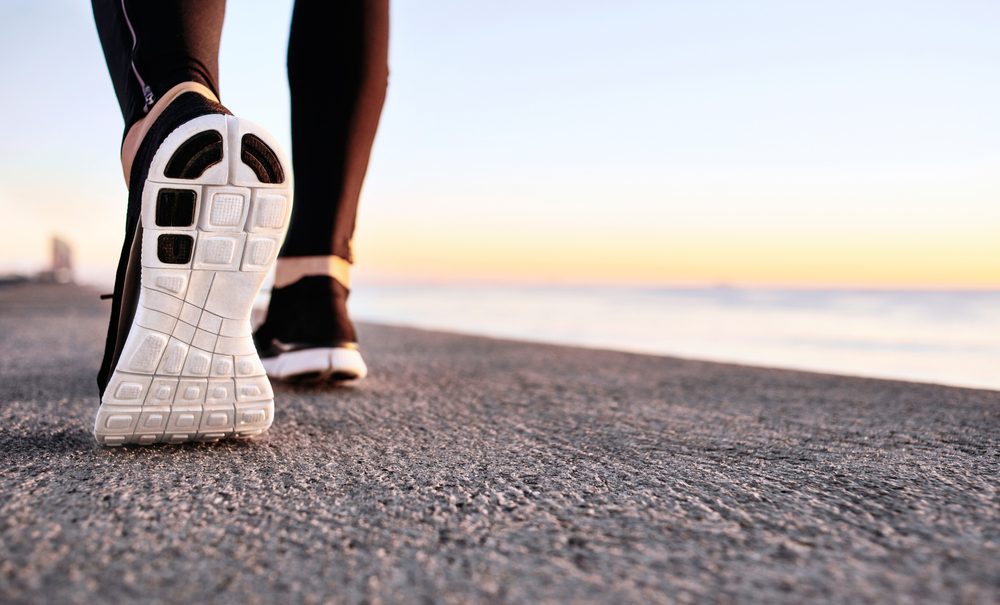Even Moderate Exercise Can Reduce Hypertension in African-Americans, NIH Study Finds

A recent National Institutes of Health (NIH) study shows that moderate to vigorous exercise can help reduce hypertension in African-Americans.
The observational study, “Physical Activity and Incident Hypertension in African Americans,” was conducted with participants enrolled in the Jackson Heart Study, a large, community-based analysis of cardiovascular disease in African-Americans. The results were published in the journal Hypertension.
African-Americans are particularly affected by high blood pressure. Some estimates suggest that rates of hypertension may be up to 50% higher than in other populations, such as whites and Hispanics. Untreated hypertension has significant consequences, including an increased risk of heart disease, vascular disease, stroke, kidney disease and even death.
Exercise long has been promoted as a first-line treatment for patients suffering from hypertension. Until recently, however, the available data has largely focused on whites, leaving it less clear if African-Americans would stand to receive similar benefits.
“Although the protective effect of exercise had been well-documented in white populations, it really had not been clearly demonstrated for African-Americans,” said study co-author Nicole Redmond, MD, PhD, in a press release. Redmond is medical officer with the Division of Cardiovascular Sciences at the National Heart, Blood and Lung Institute (NHLBI).
To further define the benefit of exercise in African-Americans suffering from hypertension, researchers followed 1,311 men and women without hypertension at the study’s start who enrolled in a cardiovascular disease study known as the Jackson Heart Study, based in Jackson, Miss.
Study researchers followed middle-aged adults for eight years, during which time 650 participants (49.6%) developed hypertension.
They found that participants who reported moderate-to-vigorous physical activity were significantly less likely to develop hypertension compared to those who did not exercise. Even intermediate levels of exercise, defined as less than the recommended 150 minutes per week, had a 16% decrease in rates of hypertension.
“We’ve long known that exercise is an important part of controlling blood pressure,” Redmond said. “Now, thanks to this invaluable finding from the Jackson Heart Study, we can say that the same applies to African-American men and women. It’s a potentially lifesaving message that everyone needs to follow.”
The authors acknowledge that barriers to exercise do exist, such as lack of access to safe, outdoor areas and not enough free time. However, even small, incremental changes, such as taking the stairs, brisk walking, and light sports can all contribute to help lower blood pressure.







